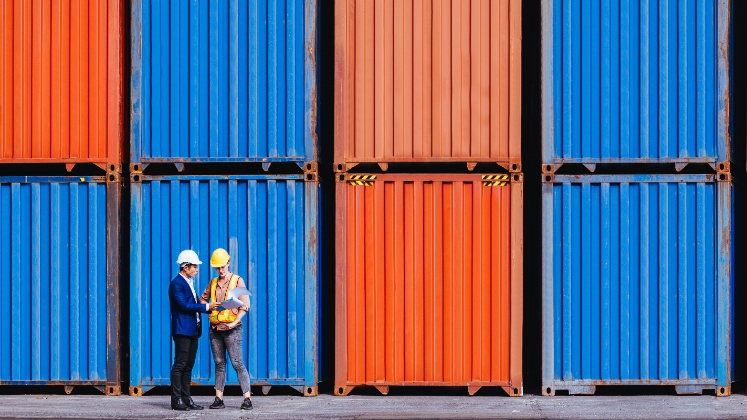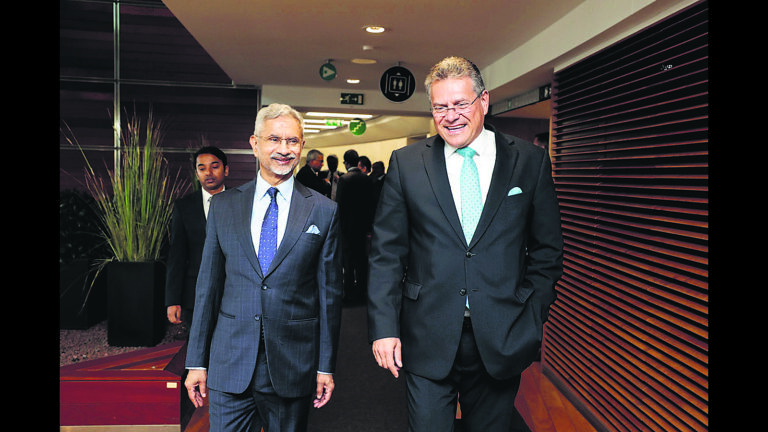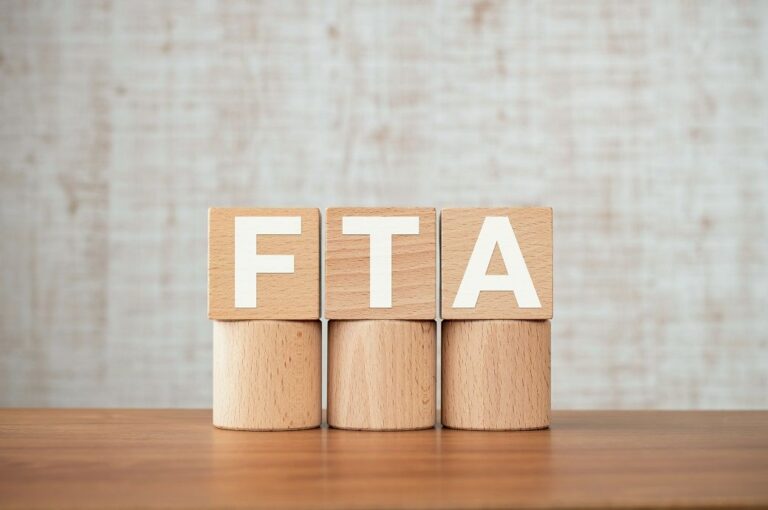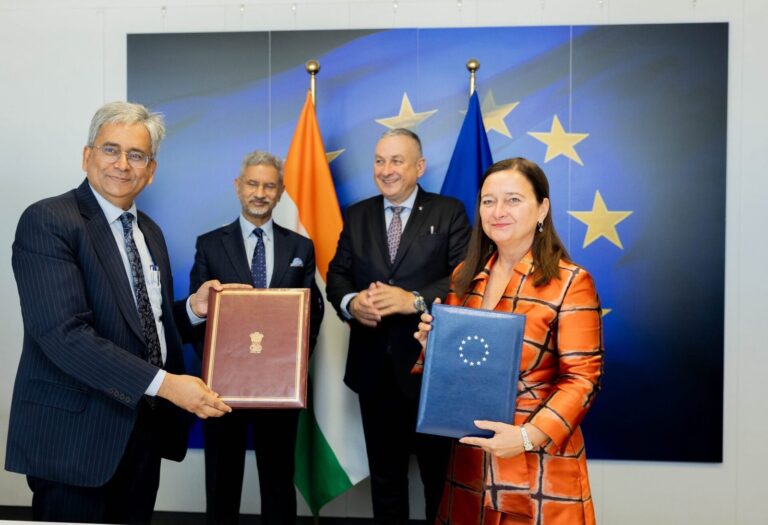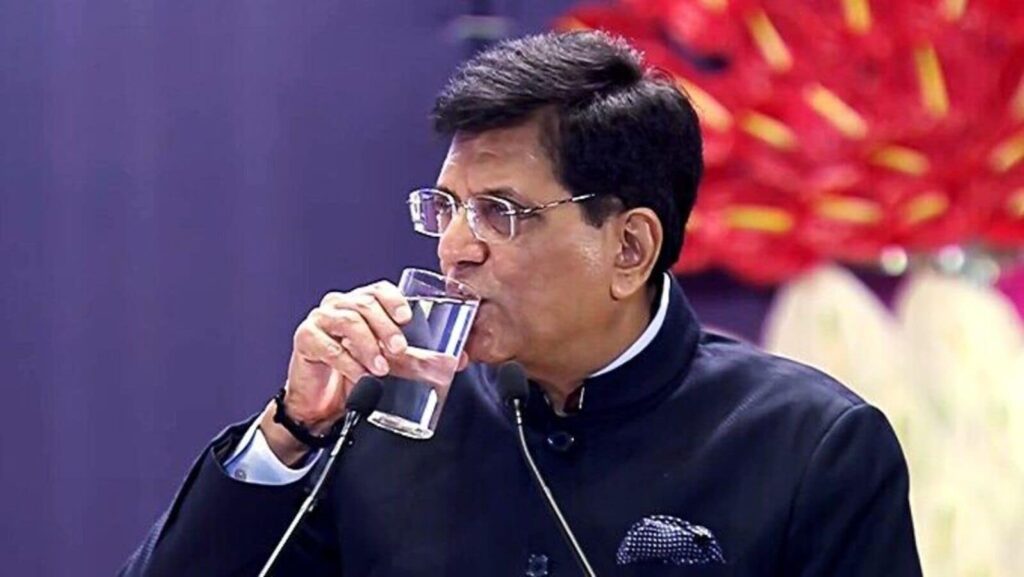
New Delhi: The Minister of Commerce and Industry, Piyush Goyal, and the European Commissioner in charge of Trade and Economic Safety, Maroš Šefčovič, discussed trade and mutually beneficial investments and the project to accelerate the agreement of free trade (ALE) at their first meeting in person in Brussels on January 18. 19.
The two leaders have examined the progress made within the framework of the Commerce and Technology Council (TTC) India-EU, addressed the problems inherited from the past and established a roadmap for continuous consultations at the levels of senior officials and ministers , the Ministry of Commerce said on Sunday in a statement.
The dialogue testifies to a new effort to advance negotiations on the Ale India-EU, an agreement that has encountered obstacles over the years due to differences on questions such as market access, pricing reductions and regulatory alignment.
Goyal, reaffirming the Modi government’s commitment to make India a nation developed by 2047, proposed a six-point program to guide the India-EU partnership.
Read also | India and the EU target a mutually beneficial ale: Piyush Goyal
The agenda emphasized the strengthening of economic ties between India and the European Union, based on common values such as democracy, the rule of law and an independent judicial system. The two parties recognized the immense potential for the integration of their combined market of $ 24,000 billion, for the benefit of more than two billion people.
The EU, India’s largest trading partner in terms of goods, represented a bilateral trade worth 137.41 billion dollars in 2023-2024. The trade in services added an additional $ 51.45 billion in 2023, reflecting the economic potential of a solid ALE.
Read also | Free trade agreements to unlock global markets for the Indian automotive industry, according to Piyush Goyal
India and the EU have held nine cycles of negotiations. The last cycle, organized from September 23 to 27, 2024, has made limited progress on key issues such as origin rules and public procurement.
During the 9th cycle of negotiations, India and the EU discussed a 12 -point program, which included deforestation, electric vehicles, sustainability, carbon tax or carbon adjustment mechanism (MacB ), health and phytosanitary measures (SPS), technical commercial, textile barriers, services for IT professionals, trade in more goods and services, alcohol taxes, among others.
The discussions also focused on the creation of a fair and balanced commercial framework by reducing barriers, simplifying processes and strengthening competitiveness, especially for small businesses, farmers and fishermen. The improvement of high -quality manufacturing has also been underlined, in accordance with the vision of Prime Minister Modi of a “zero defect” and “zero effect” production thanks to the collaboration, the harmonization of the standards and the exchange of Best practices, said the ministry.
Read also | A European and American -type consumer product test model is in preparation
Committed to strengthening supply chains
The two parties expressed their commitment to strengthen supply chains by promoting technological innovation and guaranteeing access to critical raw materials, thus reducing dependence on non -market economies. Finally, the potential of India as a bridge between the two economies has been stressed, by taking advantage of its young and qualified workforce to stimulate growth, innovation and mutual development.
While India endeavors to achieve an export target of $ 2,000 billion by 2030, the ALE could constitute a base to increase its share in world trade.
Catch all Industry news,, Banking news and updates on Live Mint. Download the Mint News Application obtain daily Market updates.
MoreLess
